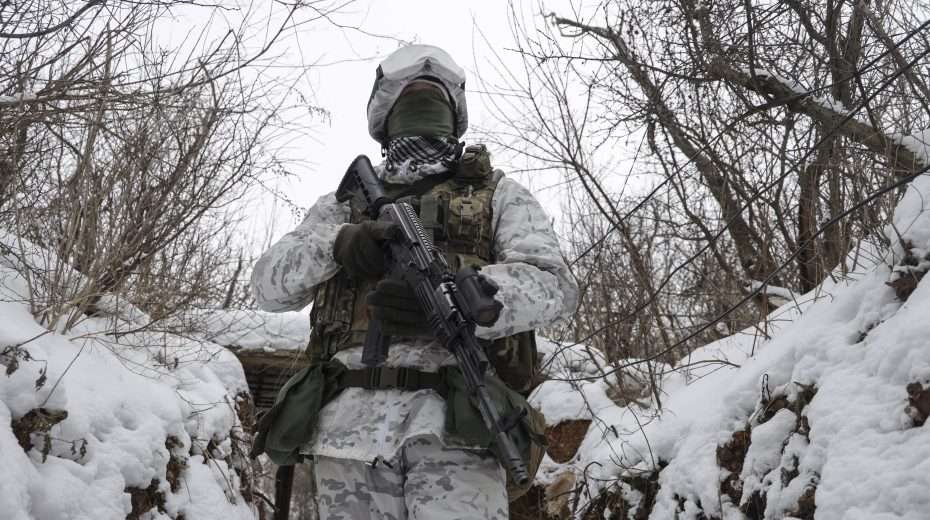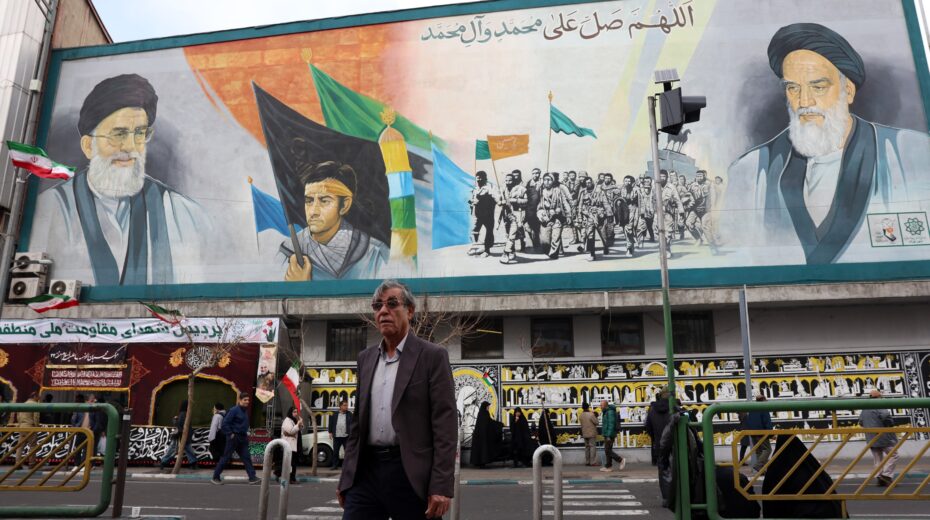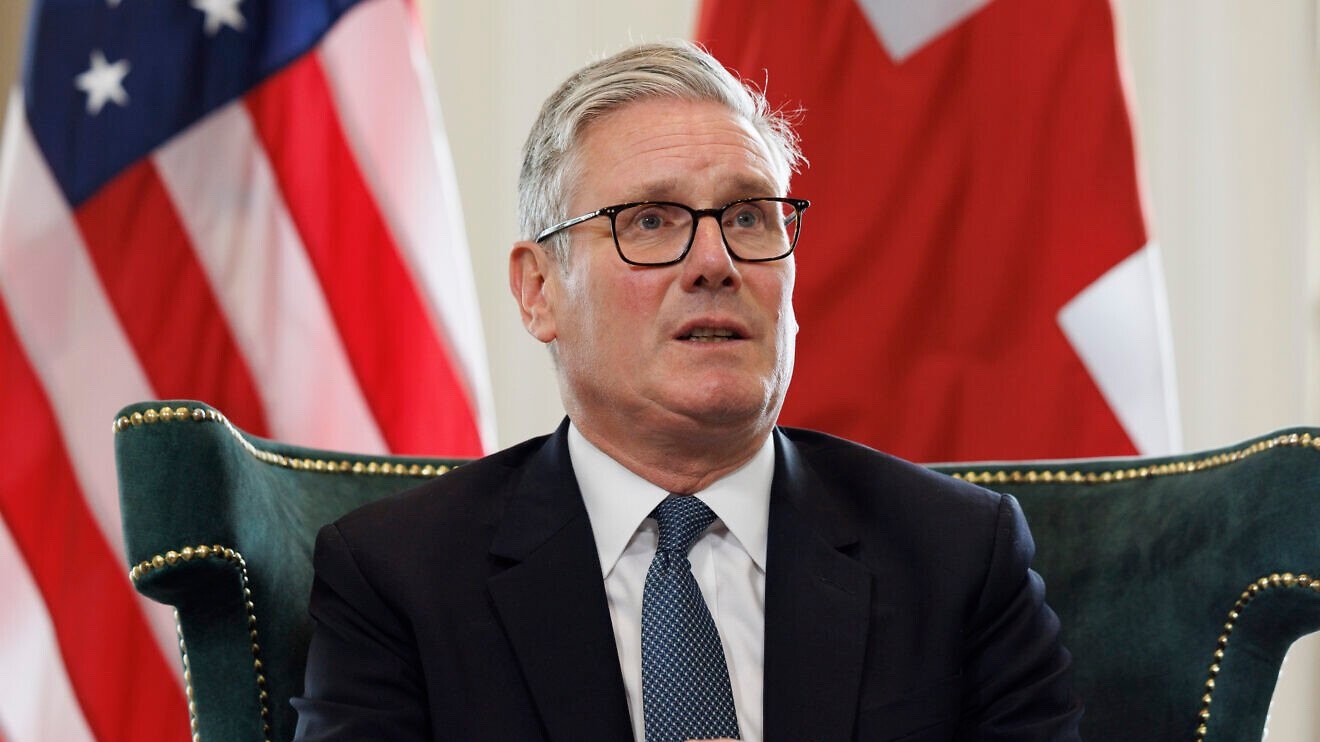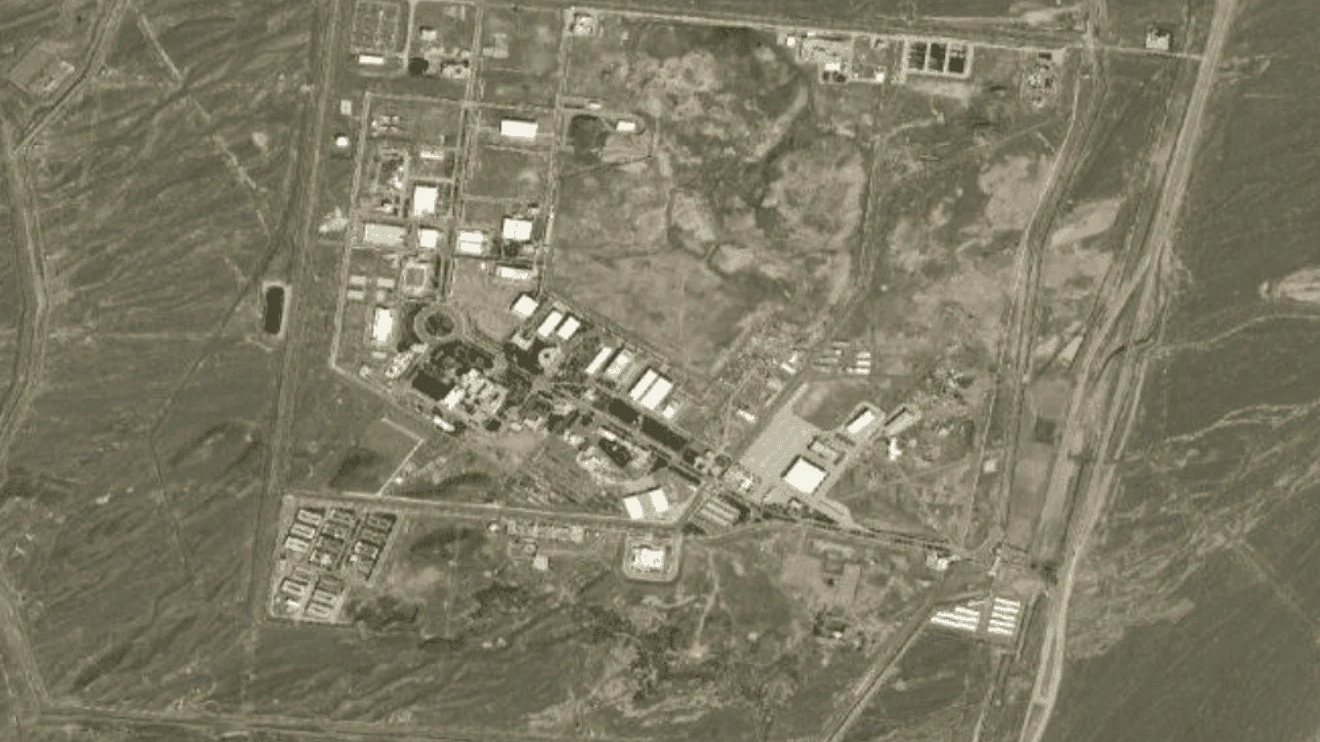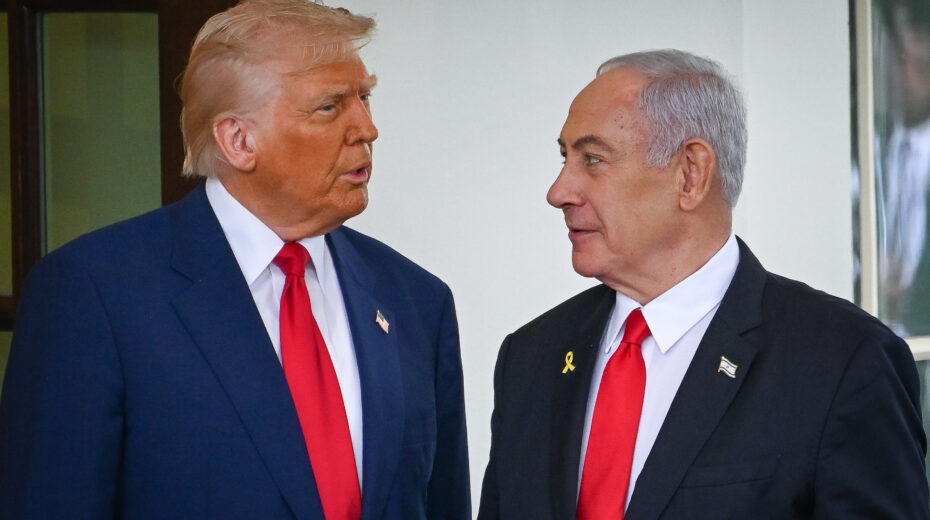In the snowy streets of Kiev, Ukraine you don’t feel the atmosphere of war.
It’s the complete opposite of how it felt here in 2014 after the Russian invasion and annexation of the Crimean peninsula. At that time the Ukrainian people mobilized en masse. People wore military uniforms and went out to fight for their “home.” This time people seem indifferent. The Deputy Prime Minister of Ukraine Olha Stefanishyna was asked what has changed and why today the response “on the street” is different.
“In 2014 it was a chaotic process,” she explains in fluent English. “We did not have an army then as we have today. Today we have a strong army and responsibility for the unity of Ukraine. We did not know what Russian aggression looked like. After the annexation of Crimea, we thought there would be war everywhere. And people mobilized to defend the country’s territorial integrity. After eight years we have built a strong military resistance. There is broad international support for our territorial integrity – international unity, sanctions and familiarity with the Putin regime. We know Putin better than any other country in the world.”
According to Stefanishyna, Ukraine is ready for military escalation. “It’s not just that Ukraine wants to be a member of NATO. This is also important for NATO. It is the desire of the people to join NATO. It is important for NATO to show Russia that they will not give in to Putin’s ultimatum. We have never experienced such support from the international community. We will not back down from our desire to join NATO. There has been aggressive rhetoric on the part of Russia. We do not rule out the possibility of a military invasion but we know Russia. If they are given a real red line, they will not cross it.”
Stefanishyna explained that military presence in Kiev is small, but near the borders it is large.
“We are preparing for escalation even without invasion because it affects our economy and requires us to maintain the stability of the banks. It should be understood that every week on such alert requires a lot of money that we do not have. Continuation of escalation is the new normal that the Russians are trying to make. This is not new. We are preparing for it. The war is a test for democracy. If nations want to maintain stability in Europe, they must stand by our side.”
Despite the words of Stefanishyna, in Ukraine it is well understood that the Russian army is much stronger than the Ukrainian army, and that if Putin really wants to, he can conquer the country. But the average Ukrainian does not believe Putin will do it, hence the indifference. Ukrainians we spoke to said that even if Putin went crazy and decided to invade Ukraine, it would not be a “stroll in the park.”
“He will encounter resistance that he did not expect. People here will fight against him like partisans in a guerrilla war – in the streets, neighborhoods, villages and towns. He may succeed in taking the country, but he will not be able to hold Ukraine,” according to Vadim, a Ukrainian citizen who enlisted in the war in 2014 and is now ready for another war.
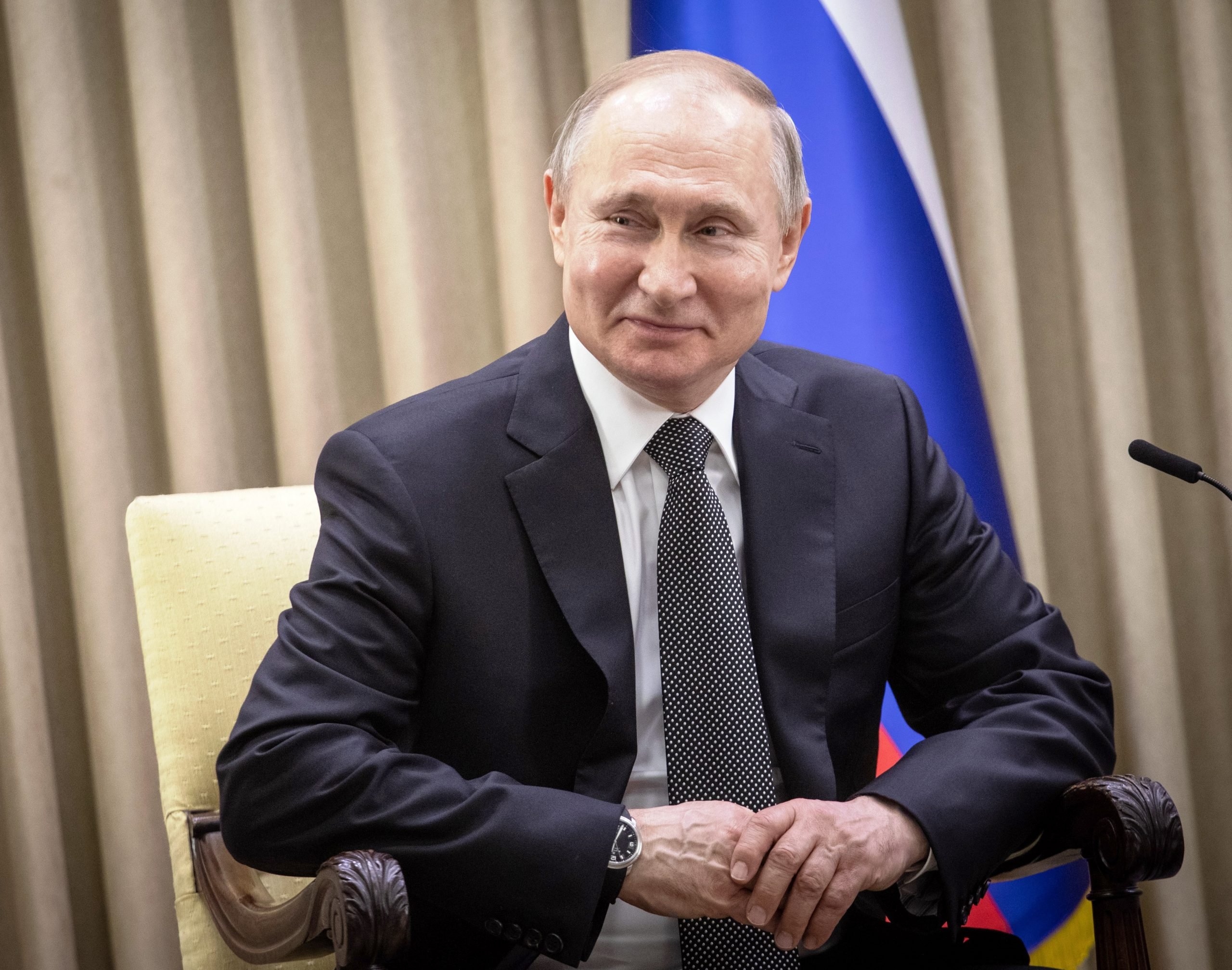
Can the Chief Rabbis bring peace?
Jews in Ukraine are following the reports with grave concern. The Chief Rabbi of Ukraine Moshe Azman even offered to mediate between Russia and Ukraine – together with the Chief Rabbi of Russia Berel Lazar. Rabbi Lazar is very close to Putin, and Azman is close to Ukraine’s President Zelensky. Maybe the rabbis will be able to do what no one else has been able to do. At the request of the Ukrainians, Israel offered to help mediate with the Russians in view of its proximity to the two countries. Putin politely declined.
In general, Putin is very pleased with the nervousness in the West about his possible invasion. The standoff increases his domestic support in Russia, which had been declining. It is convenient to have an enemy to whom the “fire” can be diverted. In a sense Putin is already the winner of this confrontation. He has managed to put the issue of Ukraine and Eastern European countries joining NATO on the bargaining table – something he could only dream of in the past. Putin has already presented this as a great success.
Israeli evacuation
Meanwhile, the Israeli Embassy in Ukraine has called on the 20,000 Israelis living in the country to register on a special website in case they have to evacuate. The Zionist emissaries and Jewish teachers in Ukraine have been instructed to be ready at a moment’s notice to receive the command to leave. No such decision has yet been made, but security officials do not want to be taken by surprise in the event of a Russian invasion.
The Ukrainians, by the way, predict that we may see a symbolic move by Putin – perhaps a limited military movement in the East, perhaps annexation of the separatist districts of Lugansk and Donetsk.
Ukrainians are worried about the economic consequences of the tensions. If the high-alert situation and fear of a Russian invasion drag out over time, it will scare investors away. The Ukrainian currency is already losing value.
“Ukraine is ready for any development but hopes people will have enough common sense not to start a third world war,” Ukrainian Parliamentary Chairman Ruslan Stefanchuk said in response to a question about what would happen if Russia invaded Ukraine.
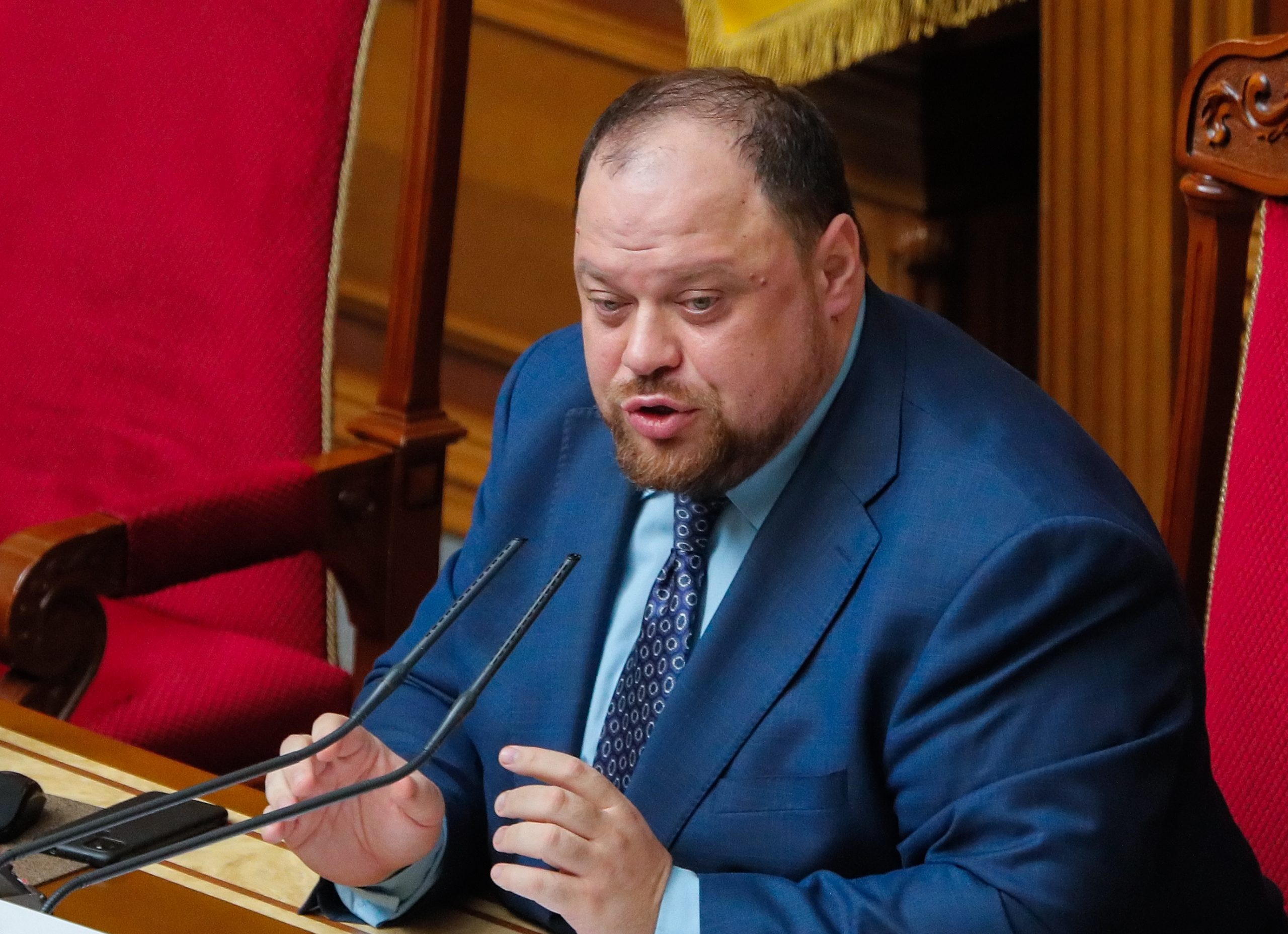
When asked if we are on the brink of war, Stefanchuk replied: “I think whether we are on the brink of war depends on Russia. But I think Ukraine and all its partners in the world are doing everything possible so that Russia does not go for such an option.”
When asked whether Ukraine is disappointed with US President Joe Biden’s statement in which Washington appeared to give a green light to a “minor incursion” by the Russians he said:
“I fully support the words of the President of Ukraine that there is no such thing as ‘minor’ invasions.”
The United States conveyed messages to Israel in which it asked the Jewish state to express a public position in favor of the territorial integrity of Ukraine; and to make it clear to Moscow that Russia will pay a heavy price if it invades Ukraine.
A senior government source said the Americans do not expect Israel to join the sanctions on Russia, but at least to raise its voice against the possibility of invasion.


